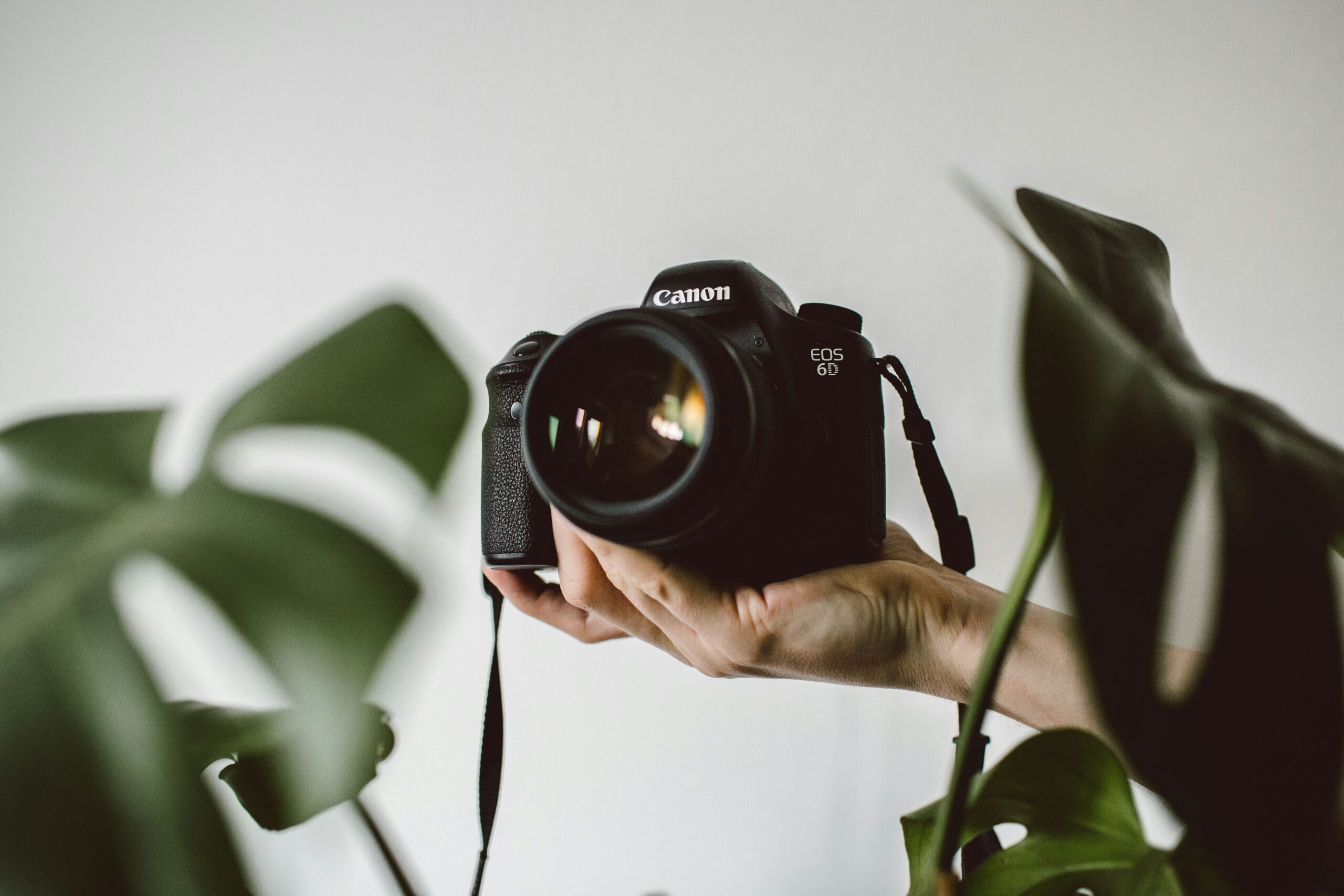
Embarking on a journey into photography can be both exhilarating and daunting. With the vast array of cameras, techniques, and genres, knowing where to begin is often the most challenging part. Whether you’re aspiring to capture stunning landscapes, intimate portraits, or vibrant street scenes, this comprehensive guide provides the essential steps to help you start your photography journey with confidence.
How to Start Photography
1. Understanding the Basics of Photography
Learn the Fundamentals: Before you dive into taking photos, it’s crucial to understand the basic principles of photography. Key concepts include exposure, composition, and lighting. Exposure involves mastering the aperture, shutter speed, and ISO settings, which control how much light enters the camera. Composition refers to how elements are arranged in the frame, and lighting is essential for setting the mood and highlighting your subject.
Choose the Right Equipment: Start with a simple camera. While professional DSLRs and mirrorless cameras offer great flexibility and quality, they can be overwhelming for beginners. Consider starting with a point-and-shoot camera or even a smartphone, which can still produce excellent images and help you learn the basics without a considerable investment.
2. Picking a Camera
Types of Cameras: Understand the different types of cameras available:
DSLRs offer versatility with interchangeable lenses and high-quality images but can be bulky and expensive.
Mirrorless cameras provide similar quality and versatility as DSLRs but in a more compact form.
Point-and-shoot cameras are compact, easy to use, and perfect for everyday photography.
Smartphones have advanced significantly in camera technology and are always at hand.
What to Look for: When choosing a camera, consider its ease of use, portability, image quality, and cost. It’s also helpful to read reviews and perhaps try out different cameras in a store before making a decision.
3. Learning to Use Your Camera
Read the Manual: Spend time with your camera’s manual to understand its specific functions and settings. This can make a significant difference in how effectively you can use your camera.
Experiment with Settings: Practice shooting with different settings to see how they affect the outcome of your images. Experiment with manual settings like shutter speed, aperture, and ISO to understand the exposure triangle.
Take a Class: Consider taking a beginner photography class. Many local community centers, art schools, and online platforms offer courses that can provide structured learning and feedback.
4. Practice Regularly
Shoot Often: The best way to improve your photography is by practicing. Take your camera everywhere and shoot as much as possible. Try to shoot in different conditions and times of the day to understand light and shadows.
Experiment with Subjects and Styles: Try photographing a variety of subjects and experimenting with different photography styles. This can help you find what you enjoy most and develop your photographic voice.
5. Study the Work of Others
Learn from Professionals: Look at the work of professional photographers. Study the composition, lighting, and techniques they use. Websites, books, and galleries can provide inspiration and insight.
Join a Community: Engage with other photographers. Join local photography clubs or online forums and social media groups. Feedback from others can provide new perspectives and critiques that are essential for growth.
6. Post-Processing Your Images
Learn Basic Editing: Editing can enhance your photos dramatically. Learn to use essential editing software like Adobe Lightroom or free tools like Google Photos to adjust exposure, contrast, and color.
Keep Edits Simple: While it’s tempting to edit images heavily, start with subtle adjustments to improve clarity and color balance without making your photos look overly processed.
7. Sharing Your Work
Social Media: Platforms like Instagram, Flickr, and 500px are great for sharing your work, gaining visibility, and connecting with other photographers.
Build a Portfolio: As you develop your skills, start building a portfolio of your best work. This can be a digital portfolio on a website or a physical collection.
Starting in photography is a journey of continuous learning and experimenting. By understanding the basics, choosing the right equipment, and practicing regularly, you can develop your skills and start capturing the world through your lens in your unique way. Remember, every great photographer was once a beginner, so take your time, enjoy the process, and keep shooting!